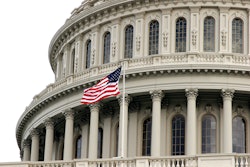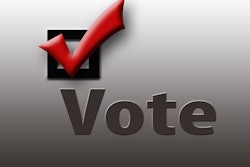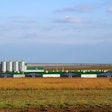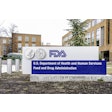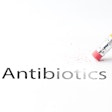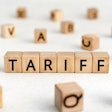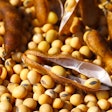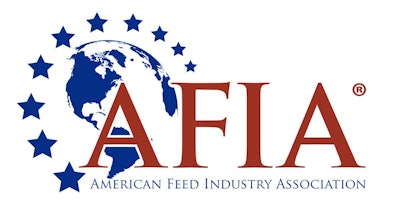
The American Feed Industry Association (AFIA) has expressed strong support for the newly introduced Enteric Methane Innovation Tools for Lower Emissions and Sustainable Stock (EMIT LESS) Act. This bipartisan bill, introduced by Representatives Jasmine Crockett (D-Texas) and Marc Molinaro (R-N.Y.), aims to reduce the environmental impact of enteric methane emissions from American dairy and beef cattle operations by expanding the U.S. Department of Agriculture’s (USDA) research and incentivizing emissions-reducing practices on farms.
AFIA President and CEO Constance Cullman praised the bill, stating, “We appreciate Representatives Crockett and Molinaro for introducing a bipartisan bill that enhances our nation's agricultural research and conservation efforts while acknowledging the critical role that animal nutrition and innovative feed ingredients play in lowering on-farm enteric methane emissions. The EMIT LESS Act demonstrates our country's commitment to investing in a more sustainable future alongside animal food innovators.”
The EMIT LESS Act complements a Senate version of the bill, S. 4056, introduced in March. Key provisions include integrating emissions-reduction practices into USDA conservation programs and providing cost-sharing incentives to farmers who voluntarily adopt these practices. Supported by a diverse coalition of agricultural and environmental groups, the bill represents a bipartisan effort to promote sustainability in the agriculture sector.
AFIA believes that this legislation will help the United States meet its Global Methane Pledge, which aims to reduce methane emissions by 30% below 2020 levels by 2030. Innovative feed ingredients, such as methane inhibitors and modifiers, offer a promising avenue for achieving this goal. However, their full benefits can only be realized if farmers elect to use them once they have received market approval. The EMIT LESS Act, along with the Innovative FEED Act (S.1842/H.R.6687), is crucial for leveraging these novel feed ingredients to meet methane reduction targets and promote sustainable livestock production practices worldwide.


